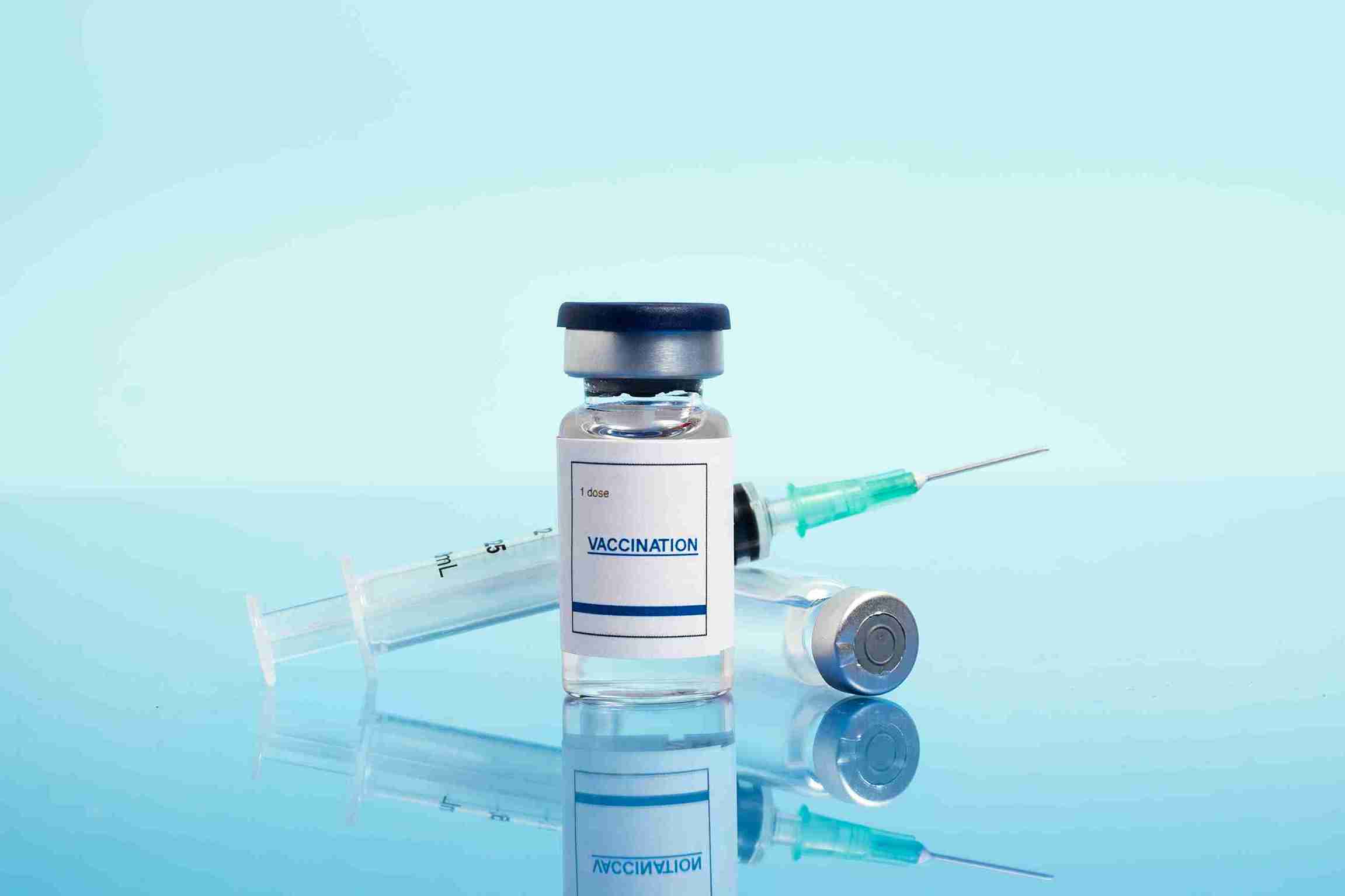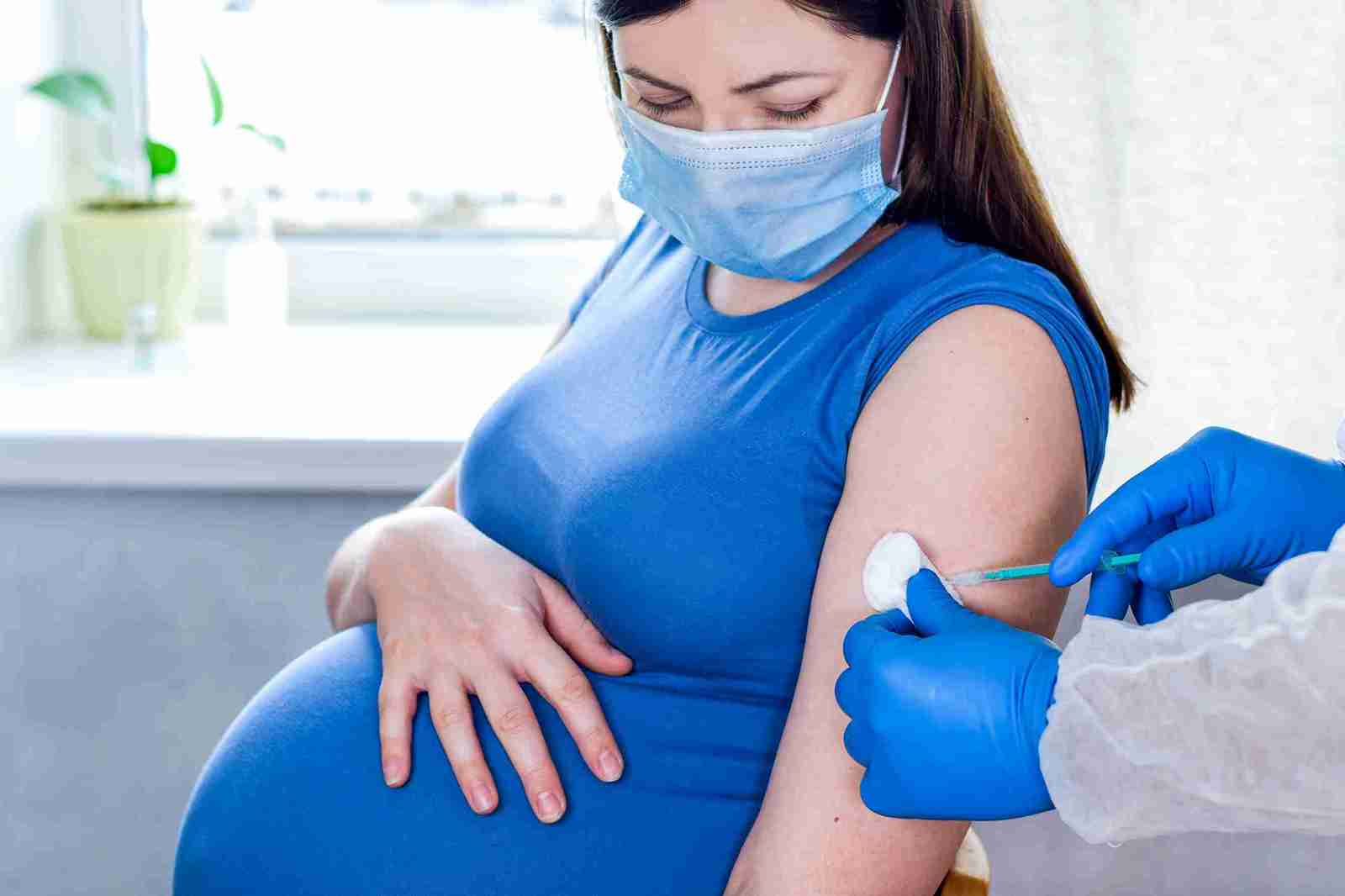
Pregnancy is a transformative journey filled with excitement and responsibility. The mother’s health plays a vital role in ensuring the well-being of both herself and her baby. Regular prenatal appointments are crucial, enabling healthcare providers to monitor fetal development and discuss important health measures. One such measure is the Tdap vaccine, which is strongly recommended during pregnancy. This is one of the most crucial vaccines for new moms that help protect the baby from three serious diseases: whooping cough, tetanus and diphtheria.
Let's take an in-depth look at the importance of the Tdap vaccine during pregnancy.

The Tdap, or Tetanus Diphtheria Pertussis vaccine, is a combination shot that protects from three diseases:
Tetanus (T): Also called lockjaw, this non-communicable disease is caused by bacteria present in dust or soil that may enter the body through cuts or breaks in the skin. It causes severe muscle spasms and stiffening, typically near the jaw and neck. People suffering from tetanus may find it difficult to open their mouths or even breathe. At times, this disease could cause serious health complications and become fatal.
Diphtheria (D): Diphtheria is a serious and contagious infection that targets the throat. It may cause difficulty breathing and swallowing. Common symptoms are swollen glands, sore throat, weakness and mild fever. Serious complications of the infection include heart failure, paralysis and even death. This bacterial infection is transmitted through sneezing and coughing. It is also possible to get infected by the bacteria present in ulcers or open sores.
Acellular Pertussis (aP): Commonly known as whooping cough, pertussis is a highly contagious respiratory infection that causes a hard and continuous cough that can last months. This infection makes it difficult to breathe or even eat or drink. In the worst cases, it can lead to pneumonia, pulmonary hypertension and respiratory failure.
The Tdap vaccine is a vital measure that seeks to protect individuals from these diseases. It is an inactivated vaccine containing microbes killed using heat or chemicals. This means it cannot cause the diseases themselves, but it effectively prompts the body to produce antibodies, providing immunity. Tdap is recommended for adults and adolescents, as it offers critical protection against these potentially severe bacterial infections.
The Tdap vaccine is recommended for people who:
● Have never received the Tdap vaccine before
● Are pregnant and in their third trimester
● Are going to be caregivers to newborn babies
For protecting newborns from pertussis, doctors recommend the Tdap vaccine between 26 and 35 weeks of pregnancy. Since newborns are too young to receive their vaccination, the antibodies passed from the mother provide crucial protection during their first few months of life, when they are most vulnerable. Whooping cough can lead to severe complications in infants, including pneumonia, breathing difficulties and hospitalisation. By getting the Tdap vaccine during pregnancy, mothers can significantly reduce the risk of infection and help ensure their baby’s safety and well-being.

Whooping cough is a serious disease for babies under 6 months. As their immune system is underdeveloped, they are easily susceptible to this infection. It may lead to pneumonia, breathing difficulties, seizures, dehydration, brain damage and even death.
It is important to prevent whooping cough infection from affecting newborns. The whooping cough vaccine or Tdap, helps prevent whooping cough in newborns. Administering the Tdap vaccine for pregnant moms can help prevent newborns from whooping cough. The Tdap vaccine is recommended for all the other people who come in close contact with the baby. This helps in creating a protective barrier for your babies.
Tdap is a safe vaccine that you must take during your pregnancy. This vaccine has been approved worldwide, proving it to be a safe vaccine for new moms. Most medical experts advise receiving the Tdap vaccine in the early third trimester to ensure optimal protection for the newborn. Decades of research and real-world use have demonstrated the vaccine’s significant benefits, including reducing the risk of severe complications from pertussis in infants. By getting vaccinated during pregnancy, mothers can provide their babies with crucial early immunity against life-threatening infections.
The Tdap vaccine is a common vaccine and is usually available at most hospitals, clinics and primary health centres. Your obstetrician or gynaecologist will recommend the date for receiving the vaccination. The Tdap is usually administered as an injection into the muscle.

Side effects are common in every vaccination. You may notice the following side effects after the Tdap vaccine:
● Redness or swelling around the spot where the injection was administered
● Fatigue
● Mild fever
● Nausea
● Body pain
● Headache
The Tdap vaccine can cause serious side effects, including severe pain, high fever, allergic reactions like rashes, swelling, trouble breathing, dizziness, and swelling and bleeding in the injected site.
Although the Tdap vaccine is completely safe, it is important to know that certain people must avoid getting the vaccine.
● If you’re allergic to vaccines containing tetanus, diphtheria or pertussis, you must avoid this vaccine.
● People who had seizures on your previous dose of Tdap.
●Kids who are under 7 years.

Getting the Tdap combination vaccine during pregnancy is a simple yet powerful step in protecting your newborn from serious illnesses. It is safe, well-researched and widely recommended by doctors. To ensure the best timing and protection, consult your OB-GYN or healthcare provider, who can guide you based on your specific health needs. By taking this precaution, you’re giving your baby the best start in life with early immunity and a healthier, safer beginning.

Tdap vaccine is recommended during pregnancy to protect your newborn from a life-threatening disease called whooping cough or pertussis.

The common side effects new mothers may experience after getting the Tdap vaccine are: ● Nausea ● Headache ● Fatigue ● Body pain ● Mild Fever

Newborn babies have a vulnerable immune system and can become sick from bacterial infections like whooping cough. As a newborn is too small to get vaccinated, pregnant women are administered the Tdap vaccine. The Tdap vaccine produces antibodies that protect mothers from infectious diseases. These antibodies then pass to the fetus from the mother.
